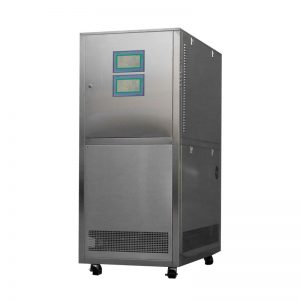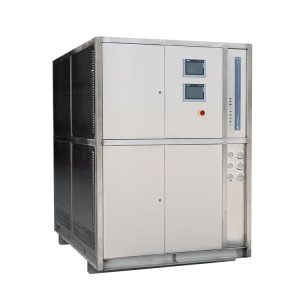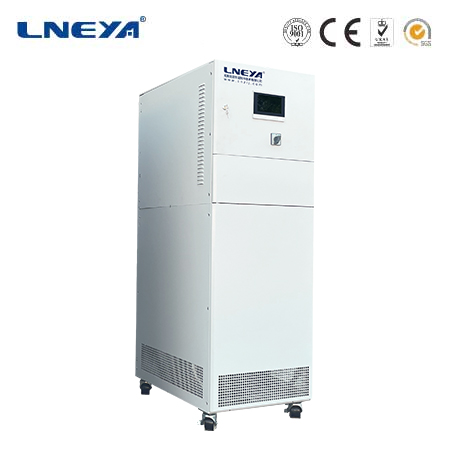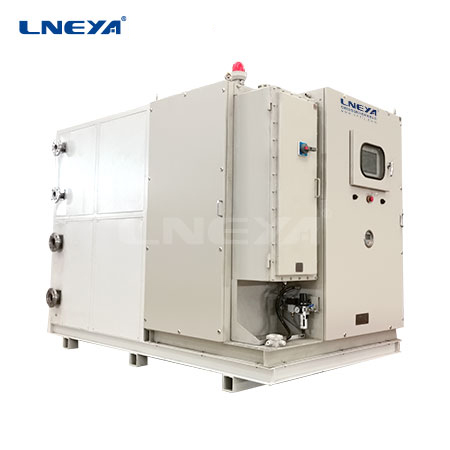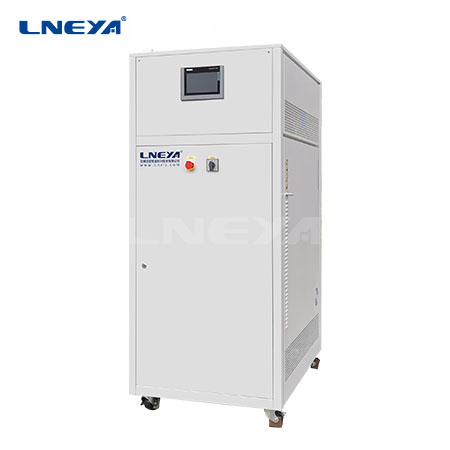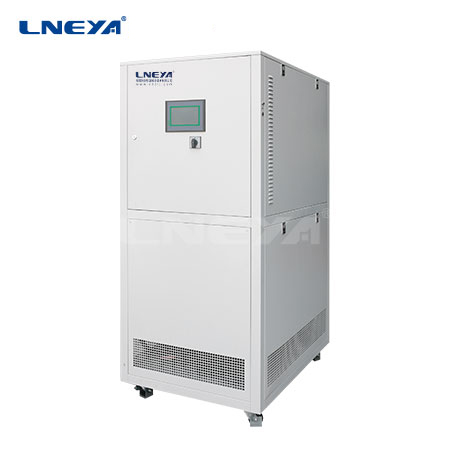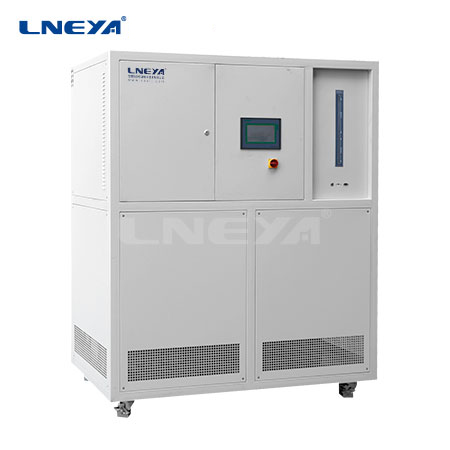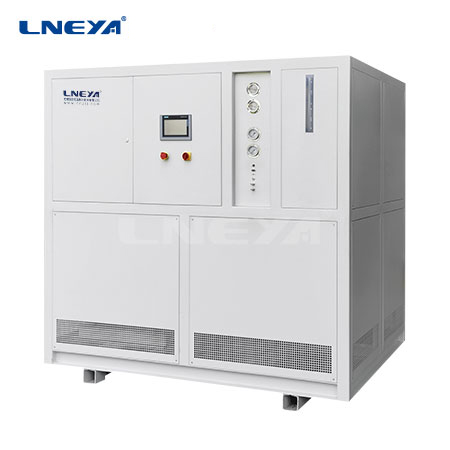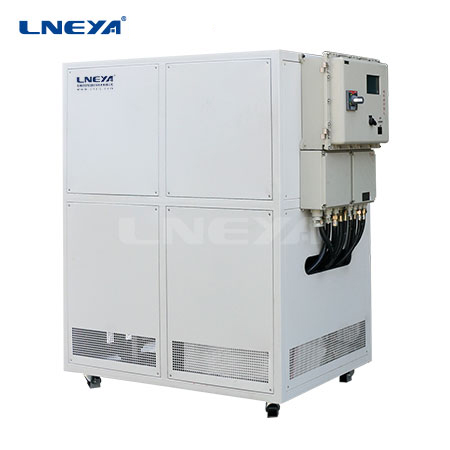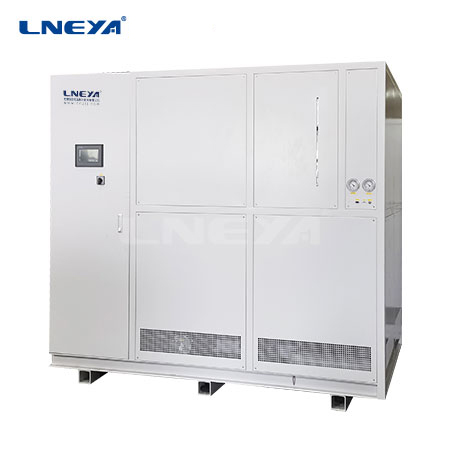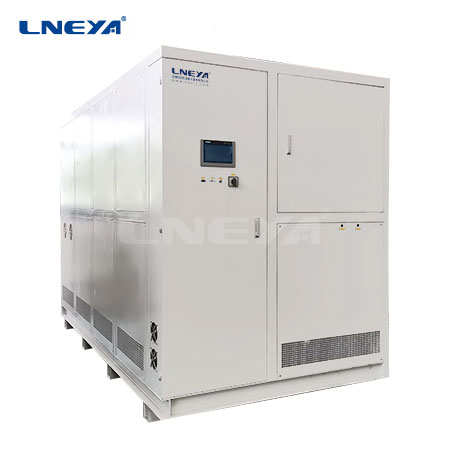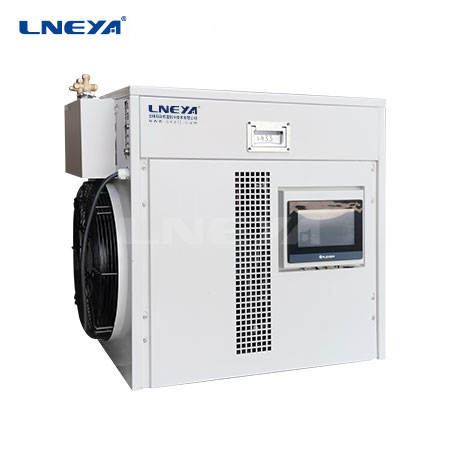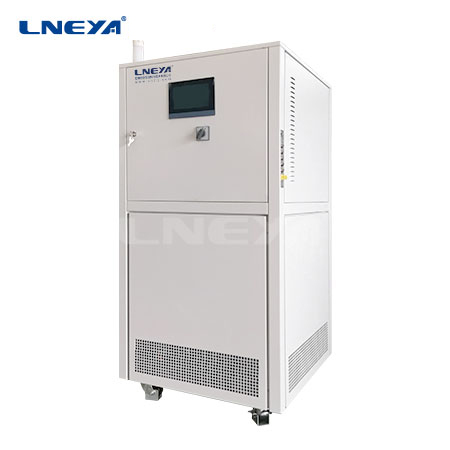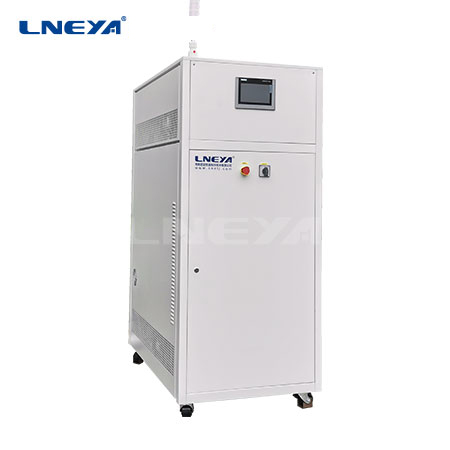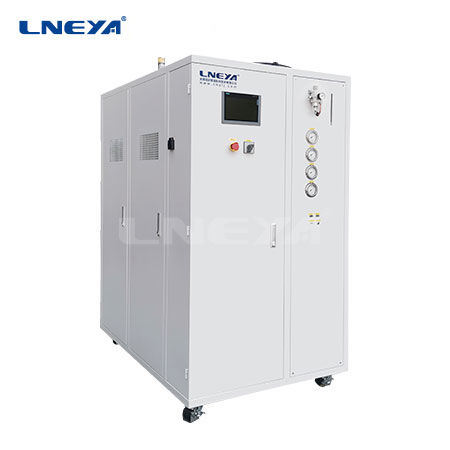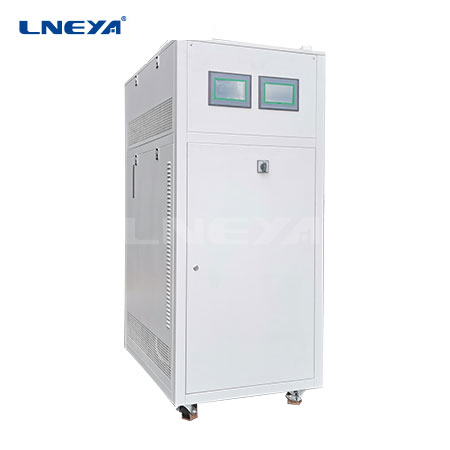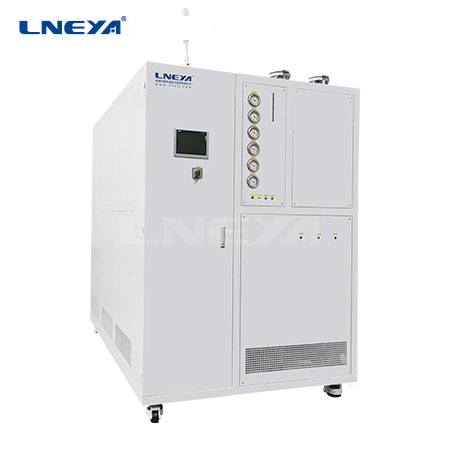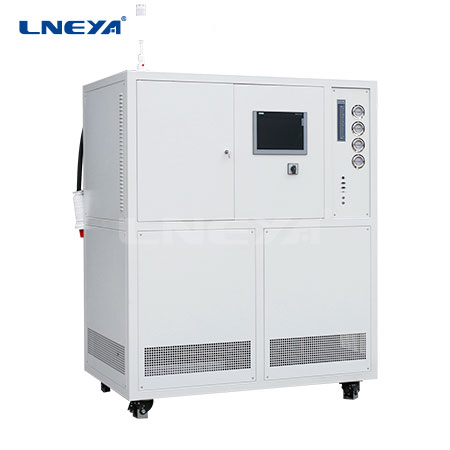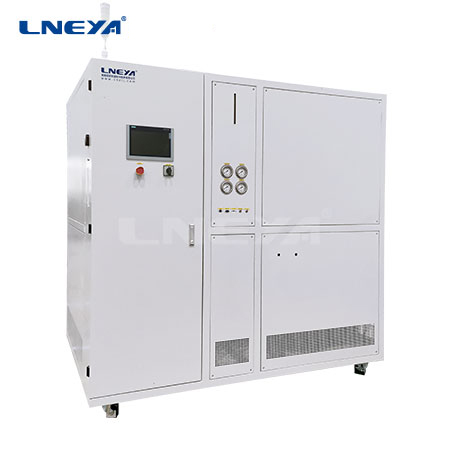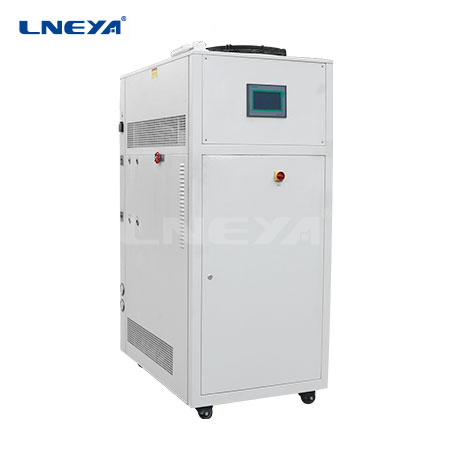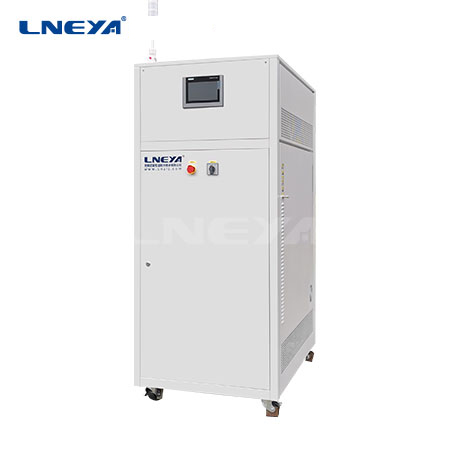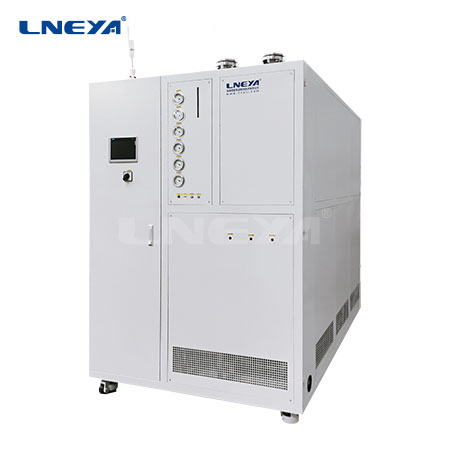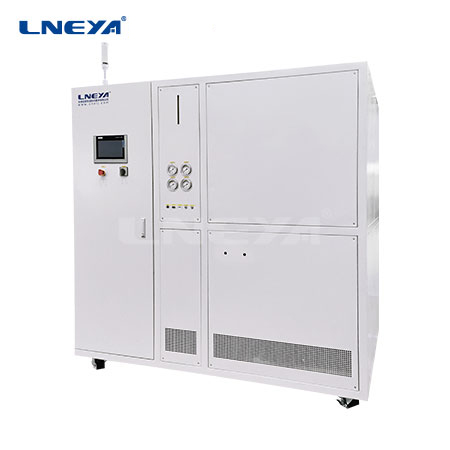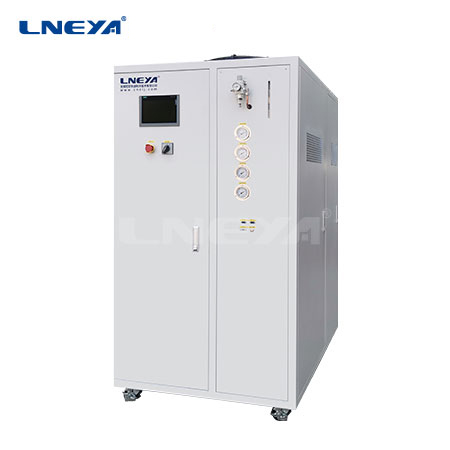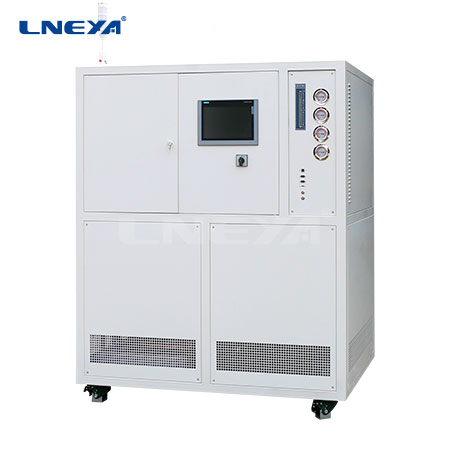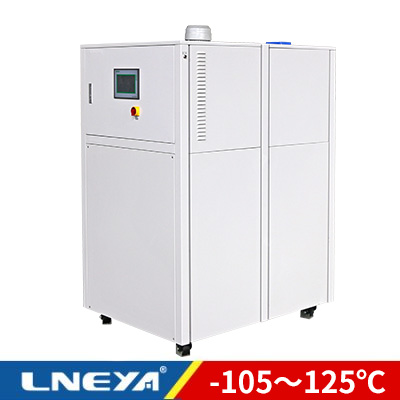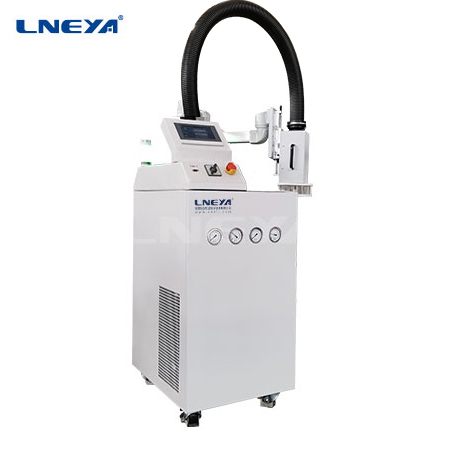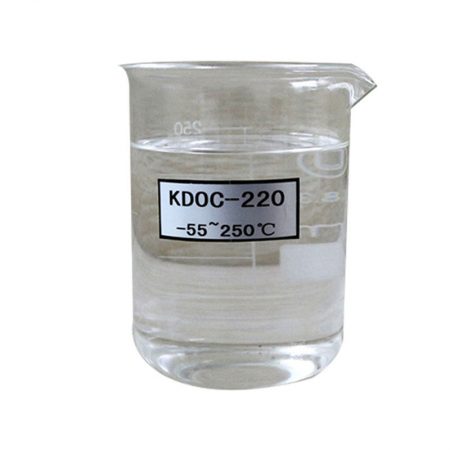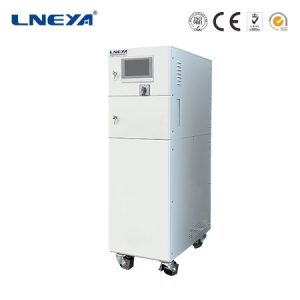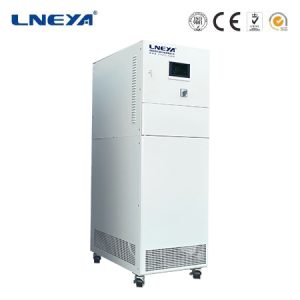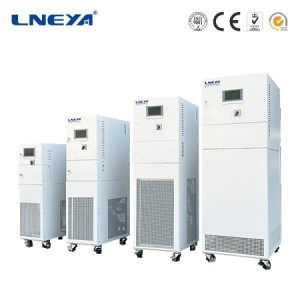Glycol cooler units are an essential component of many industrial cooling systems, providing a reliable and efficient means of temperature control. These units operate by circulating a glycol-water mixture through a heat exchanger, absorbing heat from the process and maintaining a consistent temperature. The use of glycol in these systems offers several advantages, including freeze protection, corrosion inhibition, and improved heat transfer efficiency.

Market Trends and Applications:
The global glycol chiller market is segmented by type, compressor, application, cooling method, and capacity, with a variety of companies offering specialized glycol cooler units to meet different industry needs. The market is expected to grow at a significant CAGR, driven by the increasing demand for temperature control in industries such as food and beverage processing, pharmaceuticals, and manufacturing.
Glycol cooler units are used in a wide range of applications where precise temperature control is critical. In the food and beverage industry, they help maintain the quality and taste of products by providing consistent cooling temperatures. In ice rinks and cold storage facilities, glycol chillers prevent freezing and maintain efficiency even in the coldest weather conditions. Additionally, glycol cooler units are used in HVAC systems for commercial and industrial buildings, providing comfortable indoor environments.

Technology and Efficiency:
Glycol cooler units utilize advanced refrigeration technology to achieve optimal cooling performance. They operate on thermodynamic cycles that involve compression, cooling, expansion, and heating processes. The glycol-water mixture serves as a coolant, absorbing heat from the process and transferring it to the refrigeration unit for cooling.
Efficiency is a key consideration in glycol cooler unit design. These units are equipped with energy-efficient options such as glycol economizers for ‘free cooling,’ EC condenser fans, electronic expansion valves (EEVs), and heat reclaim for hot water loops. The use of glycol also reduces the risk of refrigerant leaks, which can contribute to increased efficiency and lower energy consumption.
Importance of Glycol in Cooling Systems:
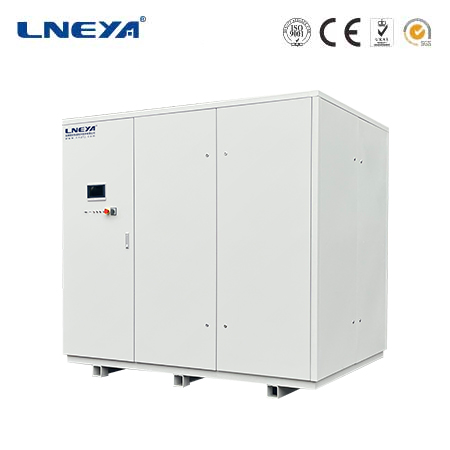
Glycol plays a crucial role in the performance of cooling systems, particularly in preventing freezing during cold weather. Propylene glycol, an environmentally friendly and biodegradable option, is often used as an antifreeze agent in water chillers. It ensures the chiller can operate efficiently even in low temperatures, protecting equipment from damage and maintaining process efficiency.
Glycol also provides corrosion protection, preventing rust and scale buildup in the chiller’s components. This extends the life of the equipment and reduces maintenance and repair costs. Furthermore, glycol enhances heat transfer capabilities, ensuring the chiller system operates at peak efficiency, which is vital for applications requiring precise temperature control.
Conclusion:
Glycol cooler units are indispensable in industrial cooling applications due to their ability to provide consistent temperature control and freeze protection. As the market for glycol chillers continues to grow, driven by advancements in technology and increasing demand across various industries, these units will play a critical role in ensuring efficient and reliable cooling solutions. With a focus on energy efficiency and environmental sustainability, glycol cooler units are set to remain a key component in the future of industrial refrigeration.
 LNEYA
LNEYA
 简体中文
简体中文










